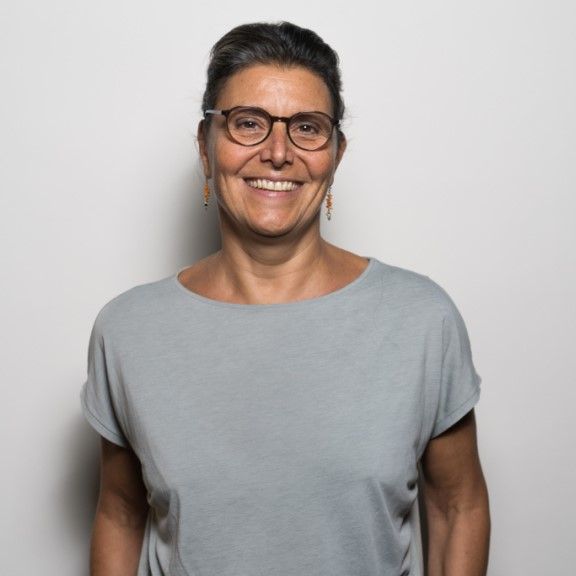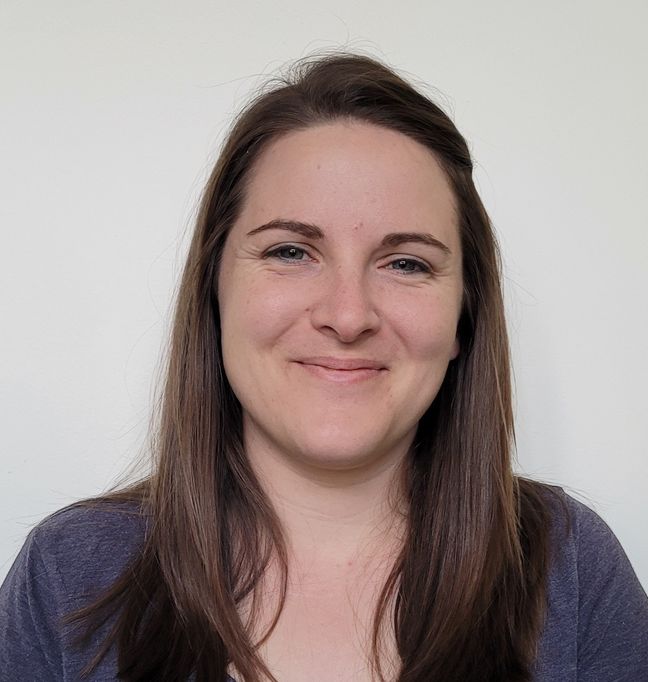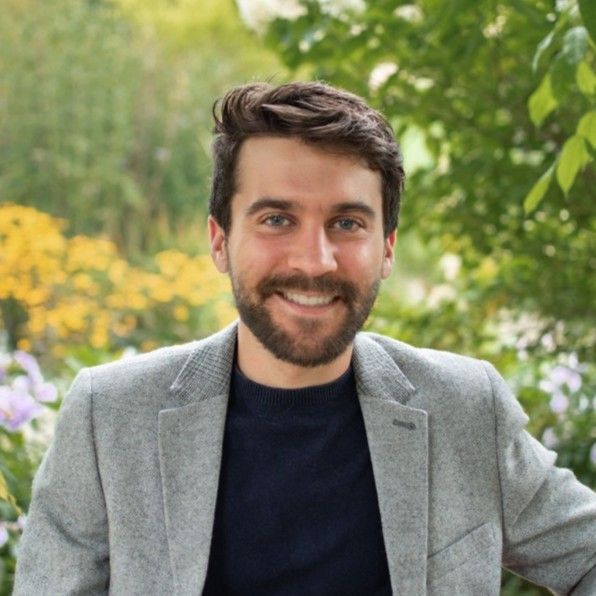Program Highlights

Dr. Simonetta Gribaldo
Institut Pasteur, Paris, France
Dr. Raymond J. Turner
University of Calgary
Dr. Georgina Cox
University of Guelph
Dr. Rabia Fatima
McMaster University

Dr. Geneviève Lajoie
INRS - Institut Armand-Frappier
Dr. Terrence Bell
University of Toronto - Scarborough
Dr. Joe Schwarcz
McGill University, Montreal, QC
Mr. John Cull
Natural Sciences and Engineering Research Council of Canada (NSERC)
Dr. Sébastien Arcand
HEC Montréal
Dr. Emilia (Liana) Falcone
Université de Montréal
Dr. Souradet Shaw
University of Manitoba
Delphine Douillet
Illumina
Dr. Samuel Rulli
QIAGEN

Cameron Davidson-Pilon
Pioreactor
Eammon MacNeil
Scintica
Dylan Beesley
BioCyc Genome Database Collection
Dr. Dao Nguyen
McGill University
Dr. Christian Landry
Université Laval

Dr. Lyle G. Whyte
McGill University
Dr. Eduardo Rocha
Institut Pasteur, Paris, France
Dr. Antony T. Vincent
Université Laval
Dr. Charles M. Dozois
Institut Armand Frappier, INRS
Dr. Salim Timo Islam
INRS (Institut National de la Recherche Scientifique)
Christopher Fernandez-Prada
Université de Montréal
Dr. Jennifer Geddes-McAlister
University of Guelph
Dr. Emma Allen-Vercoe
University of Guelph
Dr. Frédéric Raymond
Université Laval
Dr. Jesse Shapiro
McGill University
Dr. Frédérique Le Roux
Université de Montréal
Dr. Zhenyu Cheng
Dalhousie University
Dr. Dominic Poulin-Laprade
Agriculture and Agri-Food Canada
Dr. Sylvain Moineau
Université Laval
Dr. Isabelle Benoit-Gelber
University Concordia
Dr. Karine Dufresne
Université du Québec à Montréal
Dr. Sadri ZNAIDI
Université de Sherbrooke